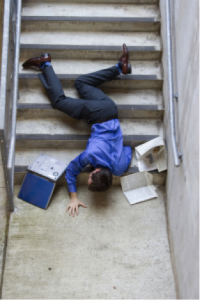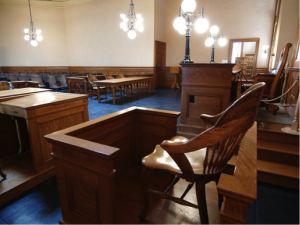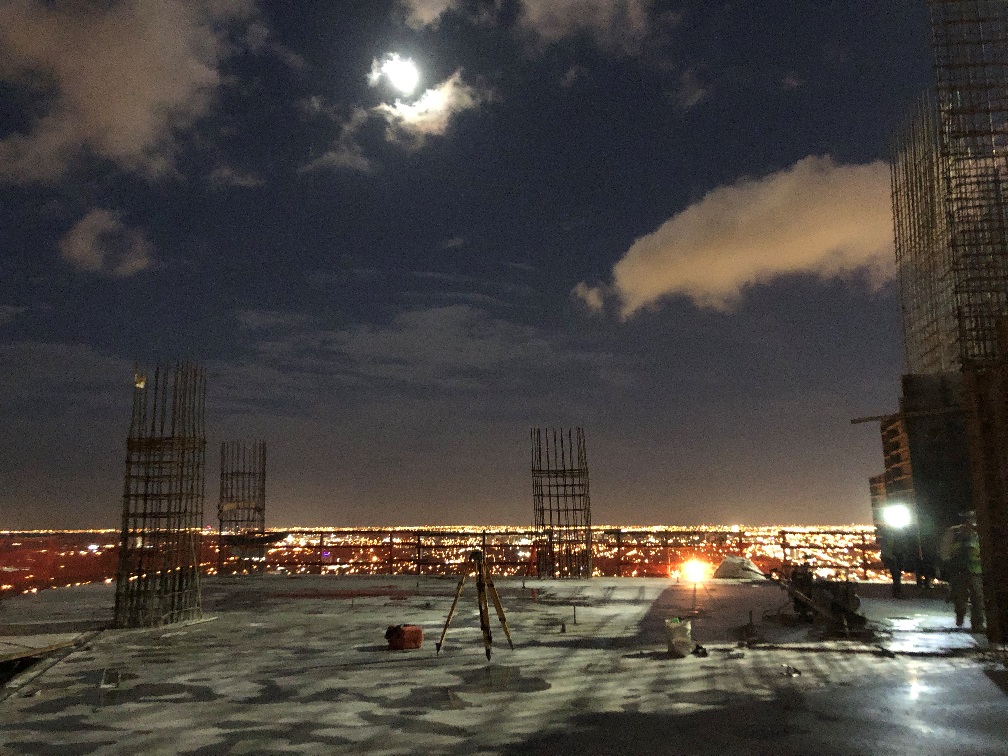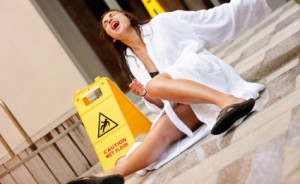Sysco, one of the largest food and beverage distributors in the world, operates a massive fleet of trucks to deliver essential products to restaurants, hospitals, schools, and other businesses throughout Florida. From Miami and Orlando to Jacksonville and Tampa, Sysco trucks are a familiar sight on highways and city streets, supplying the food service industry across the state. While these trucks play a vital role in keeping Florida’s economy running smoothly, their size and weight pose significant dangers on the road.
Accidents involving Sysco trucks can lead to severe injuries and property damage. Whether you’re in Fort Lauderdale, Tallahassee, or Fort Myers, being involved in a collision with one of these large commercial vehicles can be life-altering. If you or a loved one has been injured in a Sysco truck accident, it’s crucial to understand your legal options for seeking compensation.
The Dangers of Sysco Trucks on Florida’s Roads
 Miami Personal Injury Attorney Blog
Miami Personal Injury Attorney Blog


 Slip and fall accidents are prevalent and can occur anywhere, from supermarkets and restaurants to construction sites and residential properties. These accidents often lead to severe injuries that necessitate immediate medical attention. In this blog post, we’ll delve deeper into the top five injuries caused by slip and fall accidents, providing comprehensive details, real-life examples, and the necessary medical treatments.
Slip and fall accidents are prevalent and can occur anywhere, from supermarkets and restaurants to construction sites and residential properties. These accidents often lead to severe injuries that necessitate immediate medical attention. In this blog post, we’ll delve deeper into the top five injuries caused by slip and fall accidents, providing comprehensive details, real-life examples, and the necessary medical treatments. Amazon continues to expand into more and more areas of everyday life in this country. Recently, Amazon has made significant moves into the health care sector. Specifically, the company has started partnering with JP Morgan Chase and Berkshire Hathaway to create a more streamlined and efficient method of providing health care to the company’s over 12 million employees.
Amazon continues to expand into more and more areas of everyday life in this country. Recently, Amazon has made significant moves into the health care sector. Specifically, the company has started partnering with JP Morgan Chase and Berkshire Hathaway to create a more streamlined and efficient method of providing health care to the company’s over 12 million employees. Florida may soon make some dramatic changes to the realm of auto insurance.
Florida may soon make some dramatic changes to the realm of auto insurance. The determining factor that causes a person to slip and fall is oftentimes improper maintenance. Many cleaning compounds are based in soap or detergent. These materials use surfactants which are molecules that bring together grease and particles in a process commonly known as emulsification. This enables the grease and dirt to be washed up and away. But soap film can develop when the surface pore grease binds with the soap molecule residual. Polymerization can result when the soap film is further compounded by contaminants, minerals and soil. Soap or detergent-based products can produce and leave a soapy residue that may become slippery when wet. This can directly contribute to slip-and-fall incidents.
The determining factor that causes a person to slip and fall is oftentimes improper maintenance. Many cleaning compounds are based in soap or detergent. These materials use surfactants which are molecules that bring together grease and particles in a process commonly known as emulsification. This enables the grease and dirt to be washed up and away. But soap film can develop when the surface pore grease binds with the soap molecule residual. Polymerization can result when the soap film is further compounded by contaminants, minerals and soil. Soap or detergent-based products can produce and leave a soapy residue that may become slippery when wet. This can directly contribute to slip-and-fall incidents.